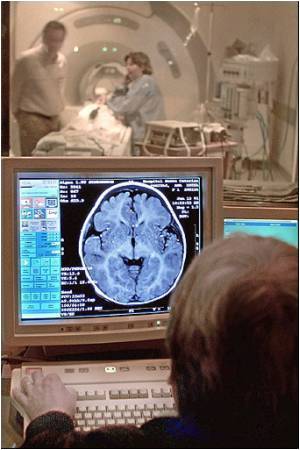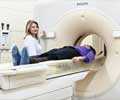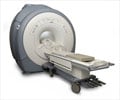A study to be presented at the ARRS 2010 Annual Meeting in San Diego, CA says that conventional magnetic resonance imaging (MRI) may be useful for the diagnosis of hip labral tears

The study, performed at the University of Wisconsin, compared the use of conventional noninvasive MRI with MR arthrography in 30 patients who had undergone preoperative imaging with both techniques. All MRI and MR arthrogram studies for each patient were independently reviewed by three radiologists.
"Conventional hip MRI and MR arthrogram studies revealed no significant difference between the two imaging techniques in the detection of labral tears for any of the three readers in our study group," said Colin Strickland, MD, lead author of the study. "Minimally-invasive MR arthrography remains the preferred test for the evaluation of suspected hip labral tears. However our study suggests that conventional, noninvasive MRI may detect a large percentage of these tears," said Strickland. Further study is needed to determine if conventional MRI is an acceptable alternative to MR arthrography, especially in the evaluation of nonspecific hip pain.
Source-Eurekalert
RAS









